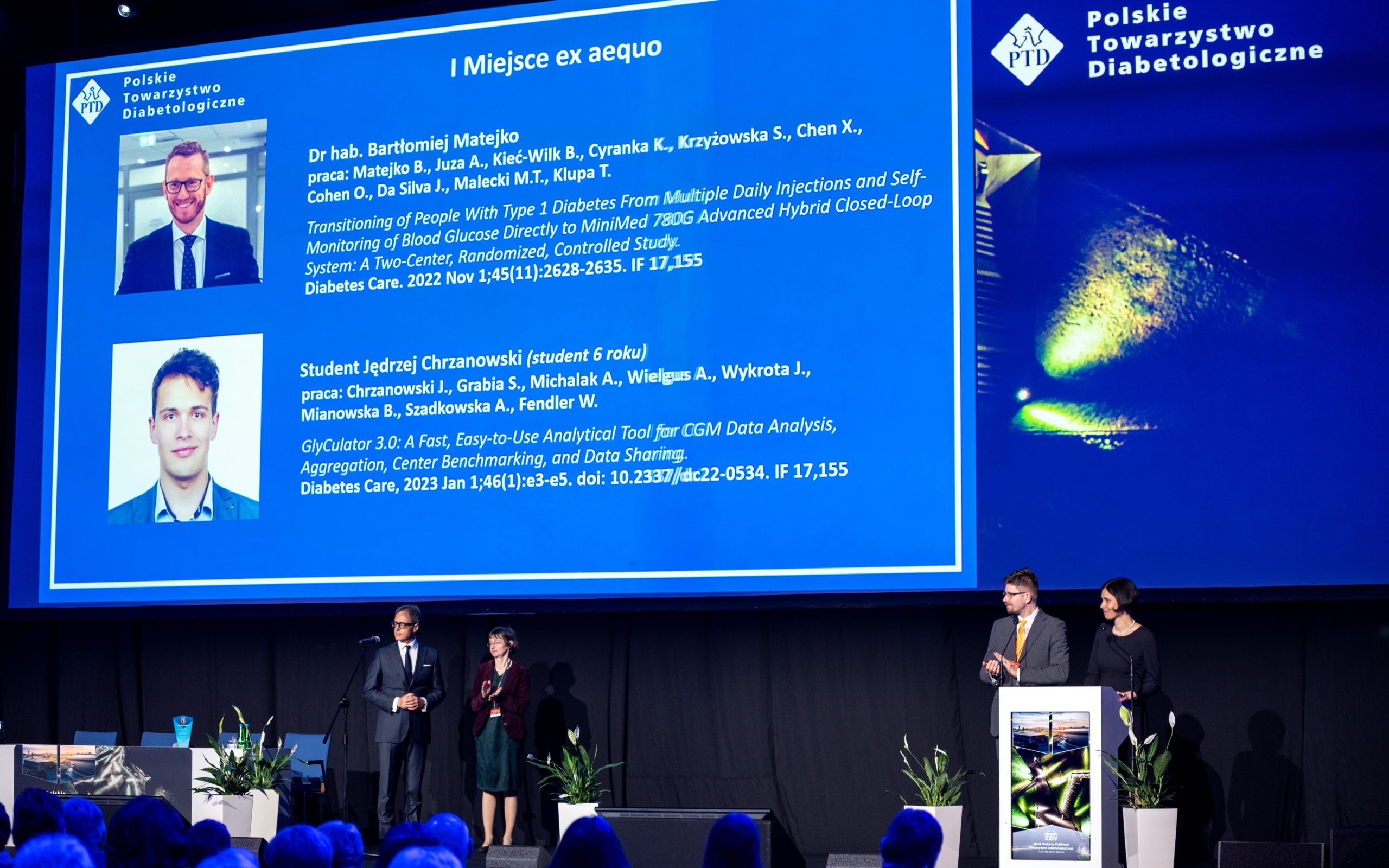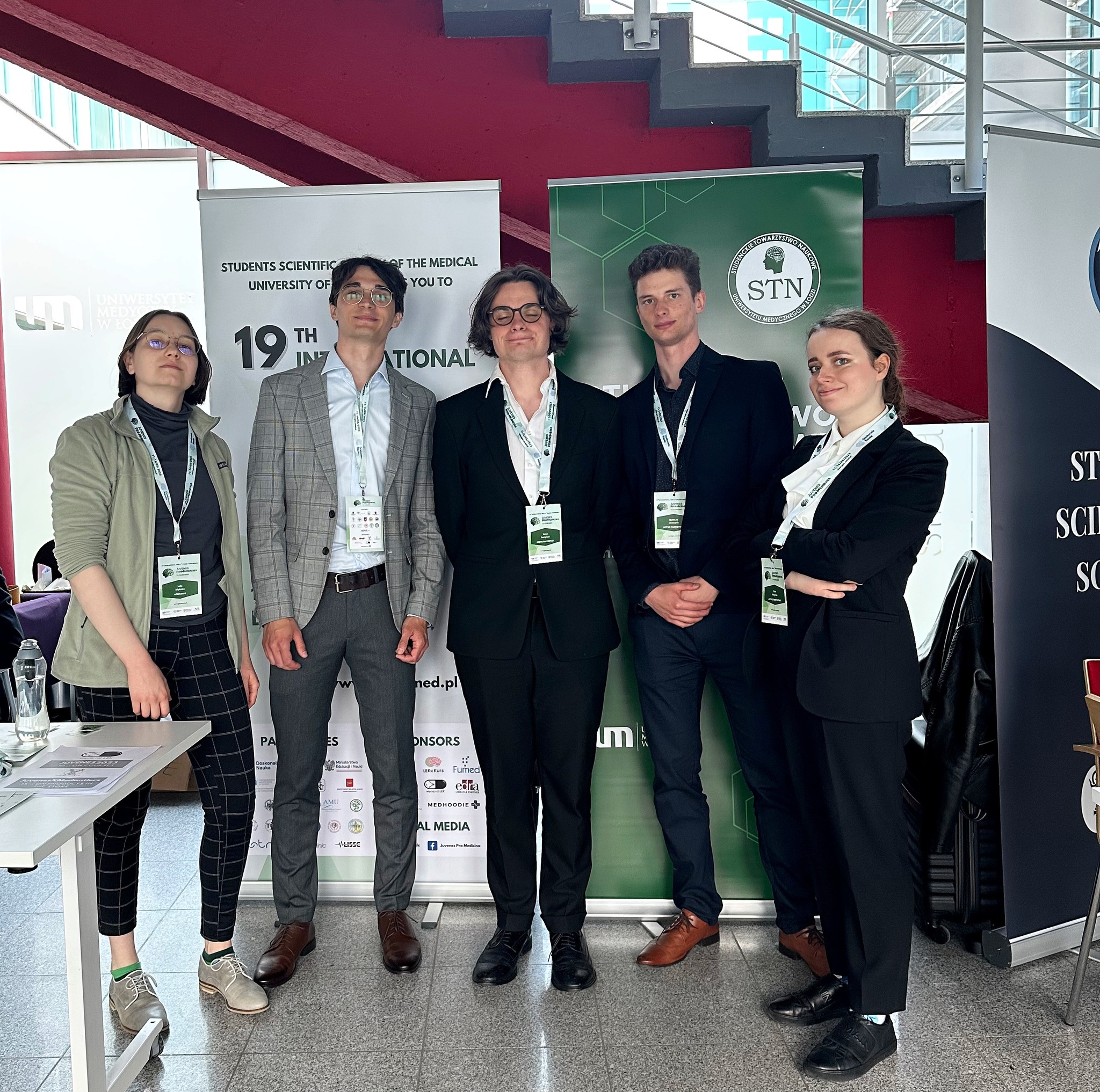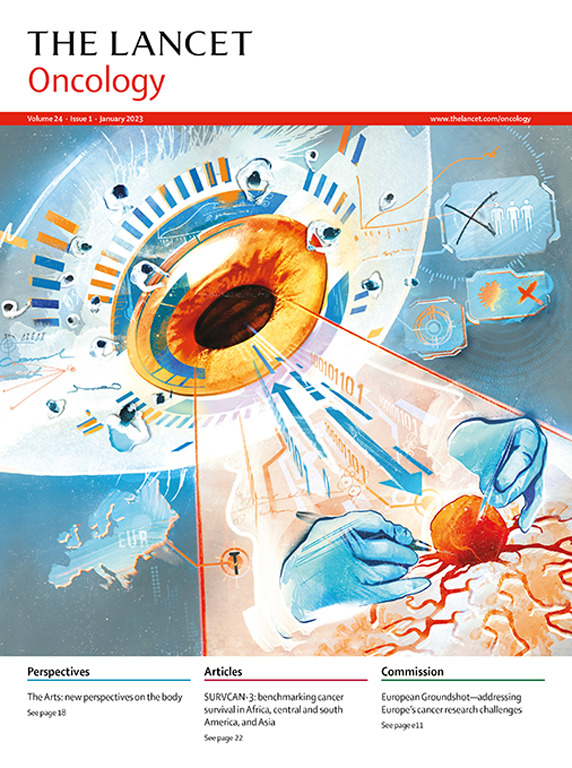Success at the XXIV Scientific Congress of the Diabetes Poland
During the XXIV Scientific Congress of the Diabetes Poland, held in Katowice, we had the opportunity to celebrate the successes of our team and our colleagues. Jędrzej Chrzanowski, a student member of our Department, was awarded the Kazimierz Funk Prize for the best scientific publication in the field of diabetology and internal medicine. The awarded […]







